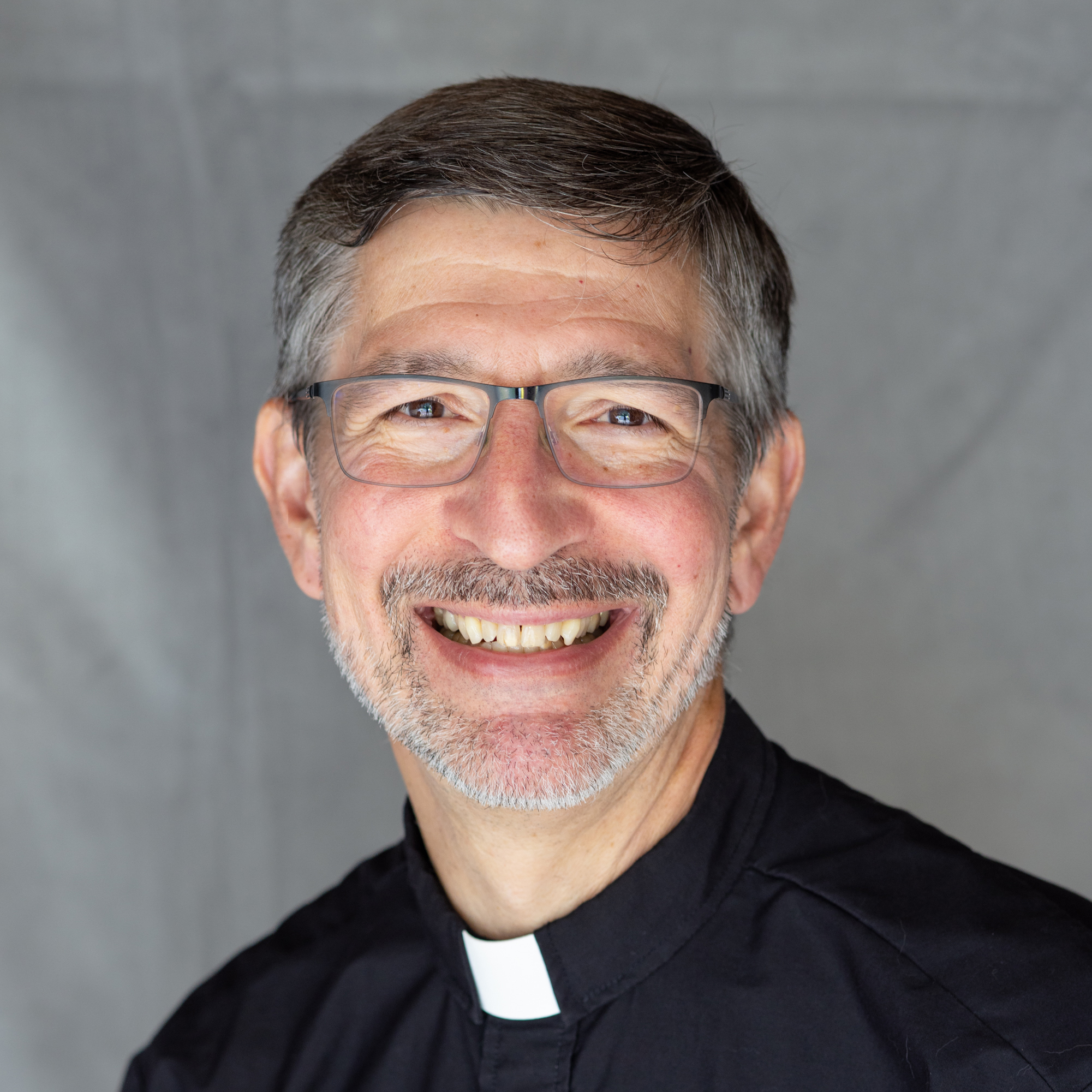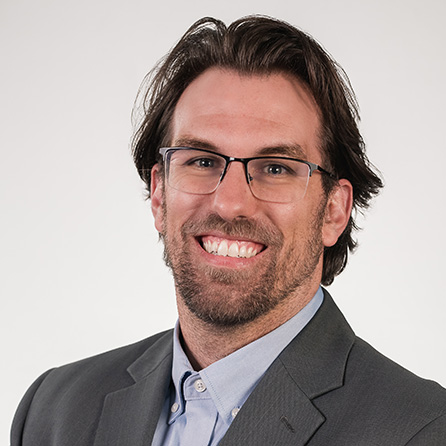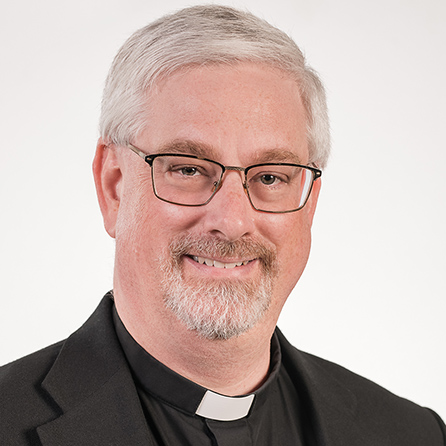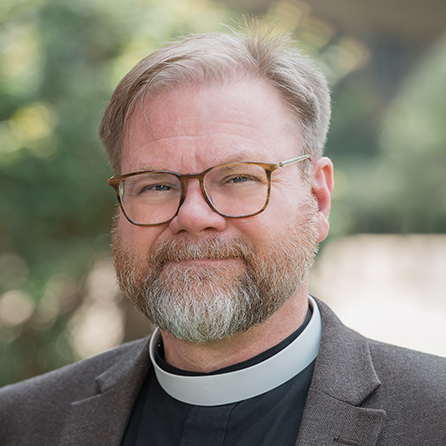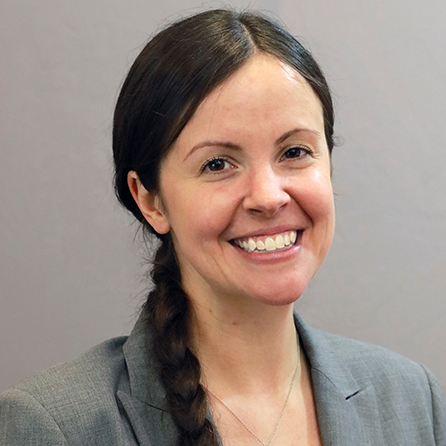By keeping Christ at the center, a classical Lutheran education forms people for lives of virtue, service and, most importantly, faith.
A classical education shapes both your mind and soul, preparing you for a life of purpose, service and faith. Built around the seven liberal arts, you will grow into a well-rounded person by focusing on the pursuit of truth, goodness and beauty. As a classical education student, you'll develop the wisdom, creativity and critical thinking needed to navigate a complex world.
Classical Lutheran Educator Program
The Classical Lutheran Educator Program is one of six church work programs offered at CUC and prepares for LCMS certification and rostering as a Minister of Religion—Commissioned. Enter Classical Lutheran Educator in the search on CUC’s undergraduate catalog for detailed program requirements.
Program requirements include observation and field experience as part of the Classical Pedagogy Minor. Scholars will complete one of the following tracks, based on the age level and major preferred. Latin or Greek is required as part of the Classical Liberal Studies major and minor. The scholar should consult with the Program Leader to make appropriate choices.
This program is ideal for any pre-professional course of study, including the pre-seminary program. Likewise, a Classical Liberal Studies degree provides a solid foundation for future graduate programs including English, theology or history. Also, unique to Concordia-Chicago is that a woman in the Deaconess Program may concurrently complete requirements as a Classical Lutheran Educator.
For scholars of The Lutheran Church—Missouri Synod who desire certification as a Minister of Religion—Commissioned, in addition to the requirements indicated below, scholars will take EDU-4900 Lutheran Teacher: Vocation & Methods, earn a minimum cumulative GPA of 2.75 for all college-level coursework, and successfully complete all requirements of CUC’s Synodical Placement Office. CUC’s Synodical Placement Director will oversee and coordinate the process whereby a Classical Lutheran Educator receives certification and placement. For more information, contact Prof. Charles Schulz, Classical Education Program Leader, at charles.schulz@cuchicago.edu.
- General Education – Honors Program
- 36 hrs. Major: Classical Liberal Studies (BA)
- 18 hrs. Minor: Classical Pedagogy
- 18 hrs. Minor: Church Worker Theology
- CLS-4990 Classical Pedagogy Internship. A supervised internship of 8-16 weeks full-time is required in a school that is an accredited member of a recognized classical professional association (e.g. CCLE, ACCS, SCL).
- General Education – Honors Program
- 36 hrs. Major: Content area (eg. Math, English, History, Music, Philosophy, Theology, Interdisciplinary; degree will be a BA in that area)
- 18 hrs. Minor: Classical Pedagogy
- 18 hrs. Minor: Church Worker Theology
- CLS-4990 Classical Pedagogy Internship. A supervised internship of 8-16 weeks full- time is required in a school that is an accredited member of a recognized classical professional association (e.g. CCLE, ACCS, SCL).
Classical Educator Program
The Classical Educator Program is designed for scholars who desire to teach in settings that do not require LCMS rostering and therefore does not require the Church Worker Theology minor. Enter Classical Educator in the search on CUC’s undergraduate catalog for detailed program requirements.
- General Education – Honors Program
- 36 hrs. Major: Classical Liberal Studies (BA)
- 18 hrs. Minor: Classical Pedagogy
- CLS-4990 Classical Pedagogy Internship. A supervised internship of 8-16 weeks full-time is required in a school that is an accredited member of a recognized classical professional association (e.g. CCLE, ACCS, SCL).
- General Education – Honors Program
- 36 hrs. Major: Content area (eg. Math, English, History, Music, Philosophy, Theology, Interdisciplinary; degree will be a BA in that area)
- 18 hrs. Minor: Classical Pedagogy
- CLS-4990 Classical Pedagogy Internship. A supervised internship of 8-16 weeks full- time is required in a school that is an accredited member of a recognized classical professional association (e.g. CCLE, ACCS, SCL).
The Importance of Classical Education
Hosted by President Russell Dawn
